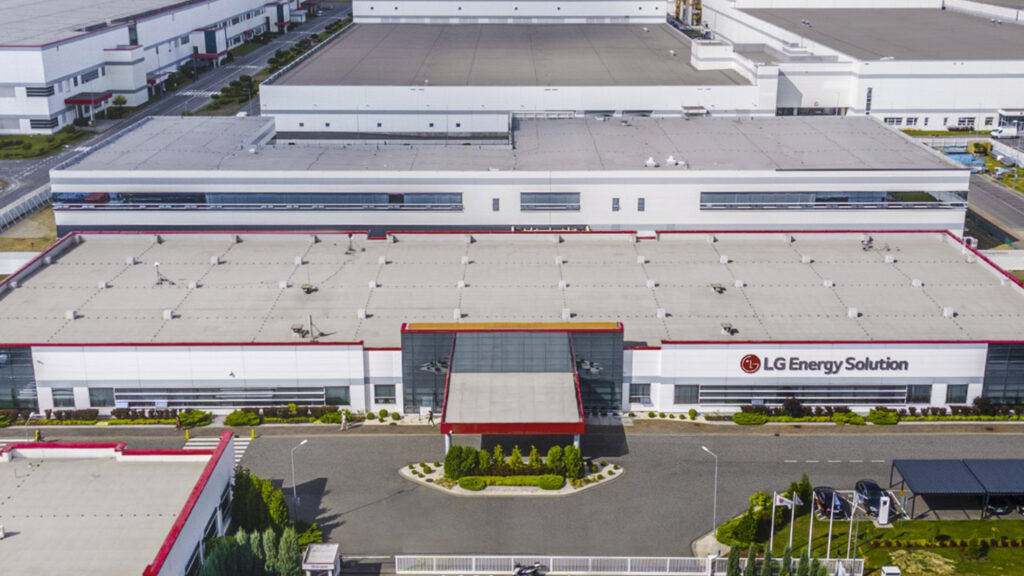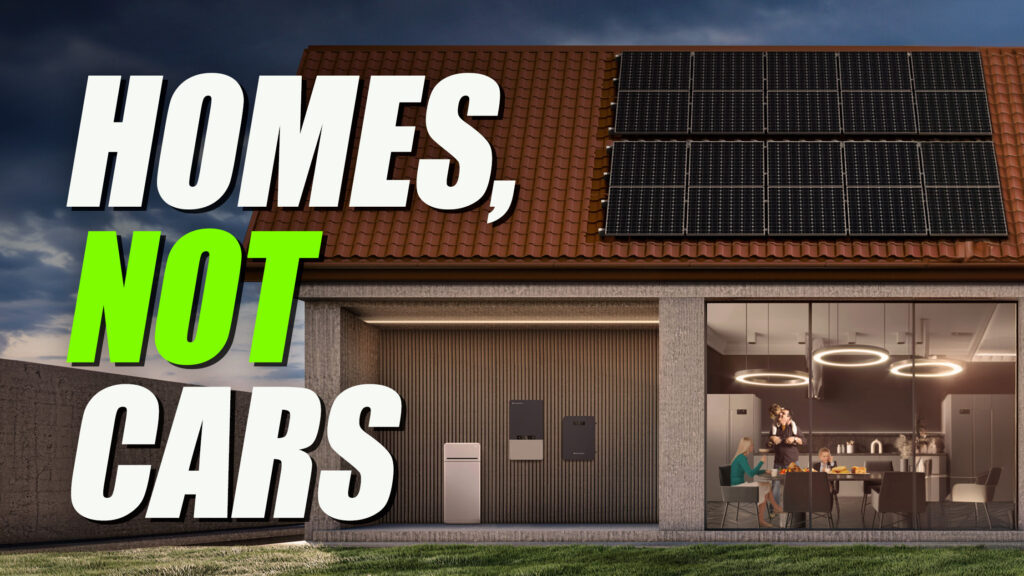- LG Energy Solution’s Poland plant is considering moving into building static storage units to offset disappointing demand for its EV batteries.
- The firm is Europe’s biggest EV battery supplier but predicts revenue will fall by a third this year.
- A switch to static storage could work well because the Polish government reportedly plans to subsidize household storage units.
Automakers aren’t the only businesses hurting from a slowdown in demand for EVs. So are the companies like LG Energy Solutions who supply the batteries for those EVs. Now one of those firms is considering taking its battery know-how in a new direction to shore up crumbling profits.
The Polish arm of LG Energy Solutions is the biggest supplier of EV batteries to the European car industry, employing 6,600 people and making up a hefty 40 percent of the firm’s global revenue. But it’s now looking at moving into the static storage production having seen demand for car batteries wither due to high prices and the loss of state subsidies for EVs in various countries. The Wroclaw-based plant predicts that its revenue will fall by a third this year to $6.7 billion, Bloomberg reports.
Related: GM Challenges Tesla With Three Ultium Home Bundles For People With And Without EVs
“We are considering developing LG Energy Solution Wroclaw toward energy storage,” LG’s Joanna Silska, told the news website. “Energy transformation is crucial and inevitable for European economies, therefore we’re examining the potential for investments in new manufacturing capacities.”
LG already offers static storage systems around the world, but a switch to static storage production in Poland would be well-timed because the Polish government has just announced plans to subsidize storage units. These fridge-shaped batteries can hold onto solar energy captured during the day so that it’s ready when needed at times when the sun is no longer shining, or during power outages.

The report explains that Poland has so far made 400 million zloty ($102 million) available to subsidize the purchase of storage units, but plans to find more cash to expand the scheme and help wean the country off its dependence on coal.
If LG decides not to go down the static storage route, it needs to find another way to boost revenue, and quickly, because the company’s problems are also Poland’s. Bloomberg reports that Poland’s central bank blamed the country’s first monthly trade deficit in 2024 on a slowdown in the export of car components, including LG’s EV batteries.





